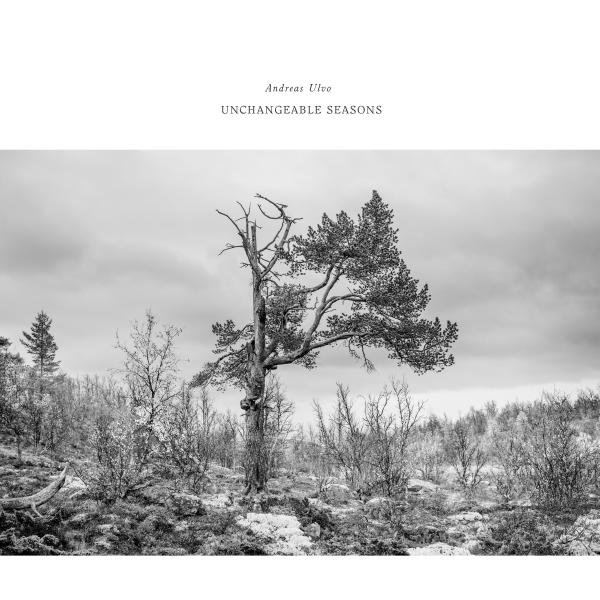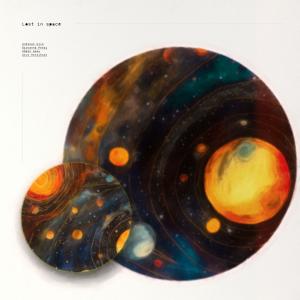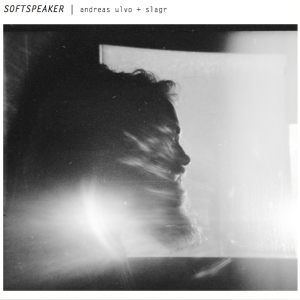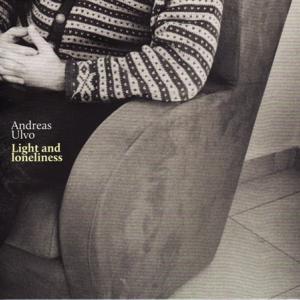Piano poetry
Unchangeable seasons

About this album:
Despite my strong relationship to classical music, as a performer I never had the patience to sit down to learn to read music properly. Reading music felt too much like a detour from my goal of making music. The road to improvised music and jazz was a more immediate and natural way for me to go. However when immersing myself in the standard jazz repertoire, I eventually came to the conclusion that even jazz isn’t necessarily free. There are a lot of written and unwritten rules you have to follow. For me the real essence of jazz reveals itself only in the moment you realize that it’s not a genre; jazz is music with an improvised quality. Of course, you could never say that to a jazz critic. If you tell him: “Mozart is jazz”, he will tell you that you’re wrong. Miles Davis is jazz. John Coltrane is jazz. Mozart can’t be jazz, because Mozart is a classical composer.
Sometimes it seems to me that people find it hard to understand music that doesn’t belong to any genre or particular movement. First you have to understand what it is, put a label on it, and only then you can start enjoying the music. Categorization and analysis seem to control our perception of music. Without a label, it’s seems hard to enjoy music. For me all music is about improvisation, and all improvisation is about presence. If you don’t know anything about improvisation, as a performer, I don’t think you understand much about the essence of music. To know improvisation is to love spontaneity, to enjoy the uncertainty and to embrace the fact that your performance never will be perfect, because there is no such thing as a perfect performance. At times you may feel that you have come close, but even so, you can’t use the same recipe next time, because
the surroundings will have changed. The room might have changed, your instrument might have changed and you most certainly will have changed. If you try to recreate the magic of last time, you will not be in the now, and the music won’t reach its full potential.
The best moments in music happen when you are perfectly focused in what you’re playing, yet still somehow manage to see it all from a distance. In this state you see everything that happens, “mistake” or not, as a possibility to move in another direction. If you rehearse a piece, securing every single detail, controlling every moment, you will miss its essence. Perfection is an illusion of the mind, because perfection can never be reality. Perfection is merely a desire; if you strive for perfection, you will always end up feeling miserable about your results, because your goal is unachievable. Just take a look at evolution; it has never claimed to be perfect, it will always move forward according to the circumstances. It has never done the same thing twice. It has never said: humans are fun, but now I think I will go back to dinosaurs!
Music should always evolve in the same natural manner, and should never be allowed to become a dusty museum. In the old days music seemed to develop in a much more evolutionary way. In traditional folk music, for instance, before that music too eventually was fixed in notation, there never existed such a thing as a composer. Once the seed of composition was planted by someone, a piece of music would always be in flux, passed on for generations. Notes and parts could be added or changed; things would change in a natural and continuous way, as music was passed on
from musician to musician. In many ways, this was a much more natural way of making music than what is accepted as the modern style.
Even though I’ve always loved classical music, the feeling that it was in a way too well planned stuck with me. In this tradition it seems to me like the sheet music always is more important the music itself. Traditionally the composer often has a god-like status, and the performer acts as her faithful servant. Every single detail in the written music should be followed, every dynamic notation, every trill should be as the composer intended it. To me this hierarchy of the composer controlling the performer is too strict and unnatural. Music has to be in the hands of the performer, because unless she feels a real personal connection to the music, there will never be magic in music: the music will never go beyond the notation; it will not have a life of its own. Music doesn’t only belong to the composer; it also belongs to the performer, and ultimately, to the listener. And on a more philosophical level, the composer didn’t invent music; it was always there, as a potential sound. No one can copyright sound. Music is like the improvising universe; it has neither beginning nor an end.
What would happen to classical music if all the sheets were burned? Would that be the end of classical music? It is an interesting question. Of course I see the need for writing down music, but it is all too easy to abandon one’s presence in the music when just reading of a piece of paper. Serious
work has to be done to overcome the written material, not only on a technical, but also on a spiritual level. One of my favorite recordings is one by the Romanian pianist Dinu Lipatti, where he performs compositions of Bach, Mozart, Scarlatti and Shubert. In my mind these are very different composers. Yet, still somehow, I often find it hard to separate the tracks, because they all sound like Lipatti. It’s a weird phenomenon, but I think this only is possible when you are totally integrated with the music. You don’t just have to feel the music; you have to be the music. Some might call this Zen. I call it Improvisation.
Andreas Ulvo, January 2016
Tracklist:
| # | Title | Composer |
|---|---|---|
| 1 | Gymnopédie no.1 | Satie |
| 2 | Siciliana from Concerto Grosso in C minor, Opus 6, no.8, HWV326 | Handel |
| 3 | Improvisation no.1 | Andreas Ulvo |
| 4 | Rondo alla turca, piano sonata no.11 in A major, K.331 | Mozart |
| 5 | Improvisation no.2 | Andreas Ulvo |
| 6 | Kjempevise-slåtten, op.22a, no.5 | Sæverud |
| 7 | Improvisation no.3 | Andreas Ulvo |
| 8 | Improvisation no.4 | Andreas Ulvo |
| 9 | Unchangeable seasons | Andreas Ulvo |
| 10 | Gnossienne no.4 | Satie |
| 11 | Musica callada, cuaderno 1, placide | Mompou |
| 12 | Improvisation no.5 | Andreas Ulvo |


